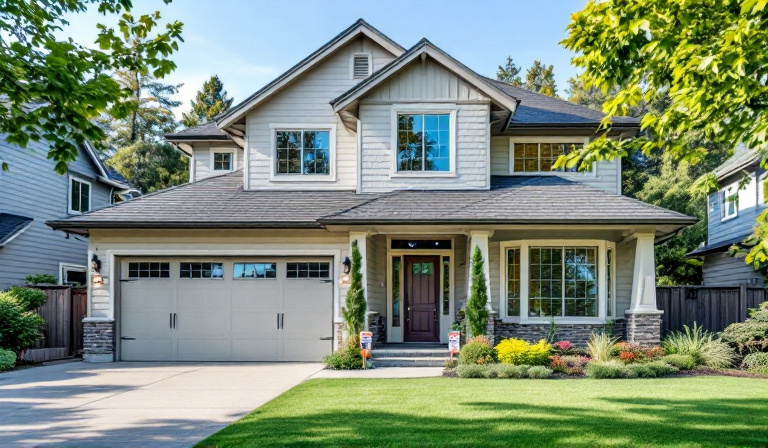
Home security is a topic that often raises many questions among homeowners. Whether you are moving into a new place or simply looking to upgrade your current security measures, understanding the basics can make a significant difference in keeping your household safe. In this article, we've compiled some of the most common questions people ask security professionals, along with practical advice to help you protect your home.
Why is Home Security Important?
Home security is essential not only for protecting your belongings but also for ensuring the safety of your loved ones. With the increasing rate of home burglaries, having a robust security system can act as a deterrent to potential intruders. Furthermore, a good security setup can provide peace of mind, knowing that your home is being monitored even when you are not around.
What Are the Basics of a Good Home Security System?
A comprehensive home security system typically includes the following components:
- Alarm Systems: These are the first line of defense and alert you and the authorities in case of a breach.
- Surveillance Cameras: Placement of cameras at strategic locations can help monitor activity around your home.
- Motion Detectors: These devices detect movement and can trigger alarms or lights to scare off intruders.
- Smart Locks: They offer keyless entry and can be controlled remotely, adding convenience and security.
- Window and Door Sensors: These sensors alert you when a door or window is opened unexpectedly.
Investing in these elements can significantly enhance the security of your home.
How Can I Secure My Home on a Budget?
Home security doesn’t have to break the bank. Here are some cost-effective strategies to secure your home:
- Reinforce Doors and Windows: Use deadbolts, window locks, and security bars to fortify entry points.
- Exterior Lighting: Install motion-sensor lights around your home to deter intruders.
- DIY Alarm Systems: Consider purchasing a do-it-yourself alarm system that is easy to install and monitor.
- Neighborhood Watch: Participate in or start a neighborhood watch program to keep an eye on each other’s properties.
These measures can provide a level of security without requiring substantial financial investment.
What Are the Best Practices for Using Security Cameras?
Security cameras are a vital part of any home security system. Here are some best practices to maximize their effectiveness:
- Strategic Placement: Install cameras at entry points and common areas like driveways and backyards.
- Regular Maintenance: Clean your cameras and check for obstructions to ensure clear footage.
- Use High-Quality Cameras: Invest in cameras with good resolution and night vision capabilities.
- Remote Access: Choose systems that allow remote monitoring through smartphones or computers.
Following these tips will help you make the most out of your security cameras.
How Can I Protect My Home When I Am on Vacation?
Leaving your home unattended during vacations can be worrisome. Here are some steps to secure your home while you’re away:
- Hold Mail and Deliveries: Suspend mail and package deliveries to avoid signaling that no one is home.
- Smart Home Automation: Use smart devices to control lights and electronics, making it appear as if someone is home.
- Inform Neighbors: Let trusted neighbors know about your absence so they can watch for any suspicious activity.
- Security Signage: Display security signs or stickers to deter potential burglars.
These actions can help ensure your home remains safe while you enjoy your time away.
What Are Some Common Mistakes to Avoid?
When setting up a home security system, there are some common pitfalls to avoid:
- Overlooking Small Windows: Ensure all windows, regardless of size, are secured.
- Ignoring the Garage: Secure garage doors and internal doors leading to the house.
- Forgetting About Cybersecurity: Protect smart home devices from hacking by using strong passwords and secure networks.
- Skipping Regular System Checks: Regularly test your security system to ensure everything is functioning correctly.
Being aware of these mistakes can help you maintain an effective security setup.
Conclusion
Securing your home is a multifaceted task that requires a mix of technology, vigilance, and community effort. By asking the right questions and implementing practical strategies, you can create a safe and secure environment for your household. Remember, the goal is not only to protect your property but also to ensure peace of mind for you and your family.

